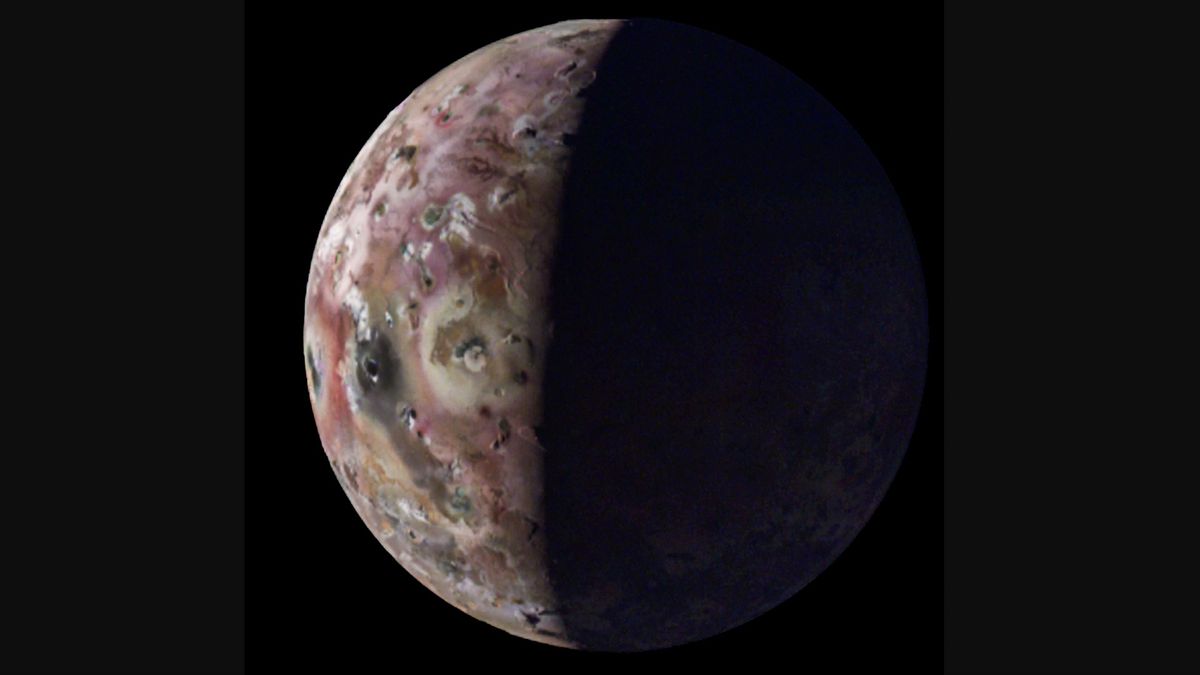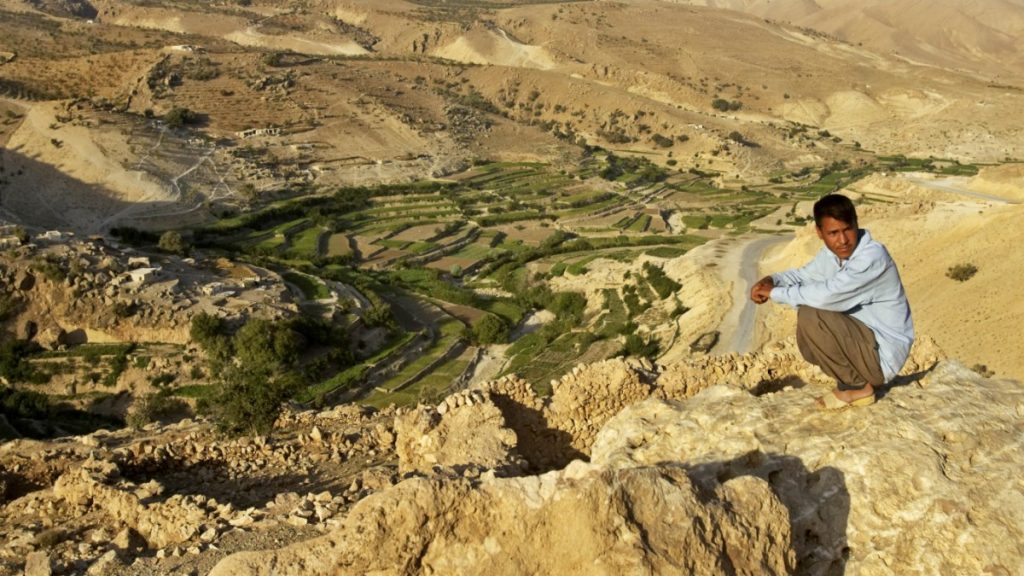Anyone who reads the first volume of Ronia Osman’s poetry wanders through an arid region. A landscape that transcends established boundaries, somewhere between geography, history, myth and language. A weary and exhausted country, as it was once called, stretches from northern Syria to eastern Turkey all the way to Iraq and Iran. But it is above all a region in which the historical and ideological traces of a century are mixed with the speaker’s memories. Portraits of soldiers stand beside moments of inner turmoil, and the landscape is at the same time a record for time and personal loss.
Even if much in this volume is kept geographically open, when browsing this volume one has to think again and again about the escape scenarios depicted by Ronia Osman in her first novel “Die Sommer”, which was published last year. Above all, it is the story of her father and grandparents. And there is a country called Kurdistan – however, it has nothing to do with Karl May’s farcical ideas: “Kurdistan was in the Syrian Arab Republic, but it extended beyond it. It had no officially recognized borders. Only the legitimate landowners were tolerated,” said the father. And often they are not tolerated.”
As Yazidi Kurds, family members were a persecuted minority. The father got into trouble with Hafez al-Assad’s secret intelligence and had to flee to Germany via Turkey in 1980. The grandmother and other relatives followed many years later. When Osman has chosen a personal narrative situation for the novel, she almost always uses the “you” formula in her poetry. The speaker talks to herself with the Du, but Osman also injects other voices into the poems through this personal pronoun, illuminating the father and grandmother figures again and again.
Ronia Osman: Crimes. Poems. Carl Hanser Verlag, Munich 2021. 112 pages, €20.
These poems lend a new tone to the present, as the publisher’s text promises. This is not entirely true. Playing with your speech, the many sensual details, the more harmonious vocal forms, and the often catchy rhythm are moments you already know from the poems of contemporaries Anja Kampmann or Nadja Küchenmeister.
However, great discoveries can always be made in the verses of Ronia Osman. One of the most important motives is the relationship between vision and knowledge. Focusing on the nuances of perception gives the verses their sensory fullness. Here you encounter not only the increasing and decreasing light on dry fields, but also the “shredded in the stems” or the taste of the “solvent in tea”. Naming and knowing the exact names (from “mulberry tree” to “amaryllis” to “capuchin”) play a major role. As if the speaker wanted to reassure herself over and over again what is and still is – because she had to learn that things (and people) can be lost at any time.
This intrinsic knowledge of losses and the ability to not be forgotten is shown in the countless little things, from broken doors to shots in the water. This also includes family stories of great fears, persecutions, and murders of relatives. The result is a “landscape” image, a landscape of memories and can frequently conflict with the lyrical shots of nature that flash from time to time. It is no coincidence that one of the most important lines in the volume is “You don’t see what you know.”
Speaking and writing sounds like farmers working in the fields: constant “curly”
Above all, it is the questions that drive this lyrical search movement. Exploring the landscape is always self-exploring. The idea of cross-fade was introduced into the picture at some point: “As if you were looking at photos that someone had taken through a car window in which a pillow is reflected, /head, arm in the sky and / in a landscape or house is disappearing.” Anyone looking for certainty will not find it here. And even if the speaker tries to replace the loss of “the land she made for herself” with passages she can “live” in, speaking and writing she wants to sound more like farmers’ labor in the fields: continuous plowing around / plowing around “curly”.
Poems have the most intense effect as they take the form of lists. Last but not least, these lists, in which ideas of counting, evoking, and losing resonate equally, give the volume a pathological tone. Mourning and grief are perhaps often directly named. The verses are much stronger when they only allude to tears with words like “line.” Ronia Osman reveals a “land full of scars” in her poems. And in the best of places, it has succeeded in giving the scarred landscape a subtle equivalent in “The Voice of Karstified.”

“Explorer. Communicator. Music geek. Web buff. Social media nerd. Food fanatic.”







More Stories
WWE SmackDown Spoiler Lineup for Episode 4/19/24
NASA's Juno probe captures stunning views of Jupiter's volcanic moon Io (video)
110% Thinking Outside the Box – Thinking Game Review, Quiz, Criticism